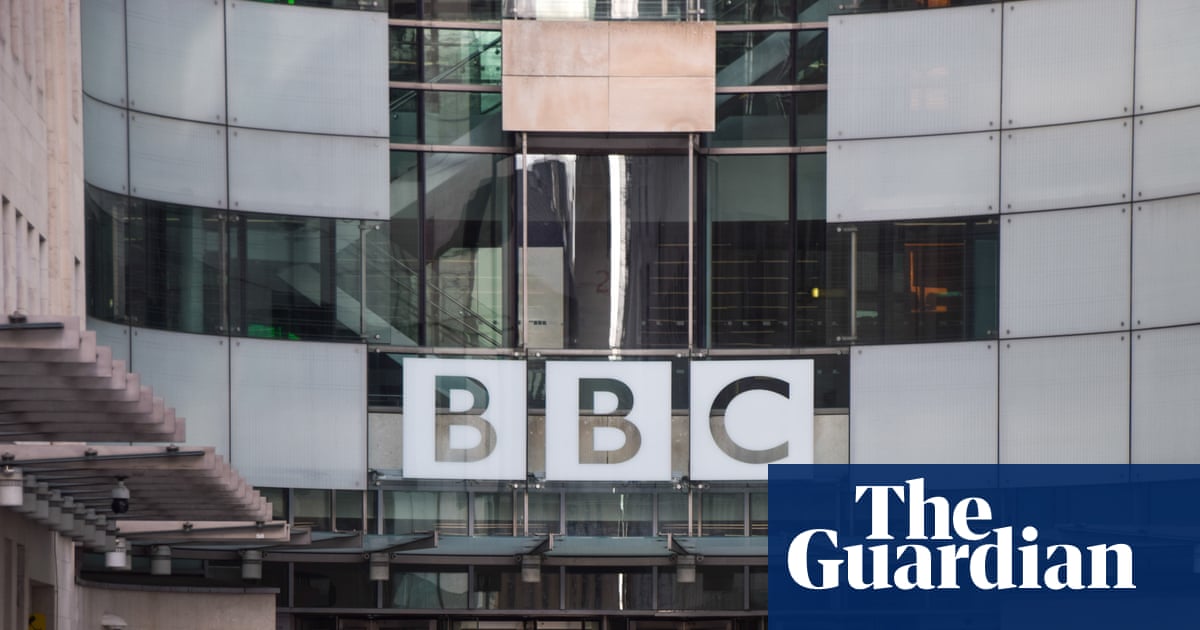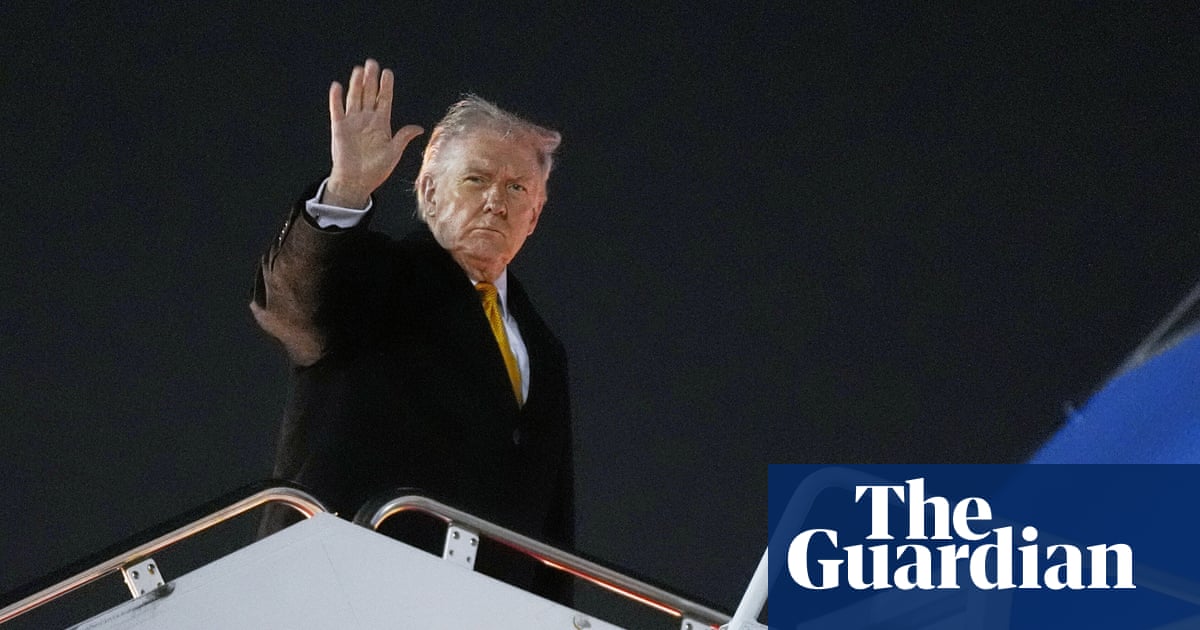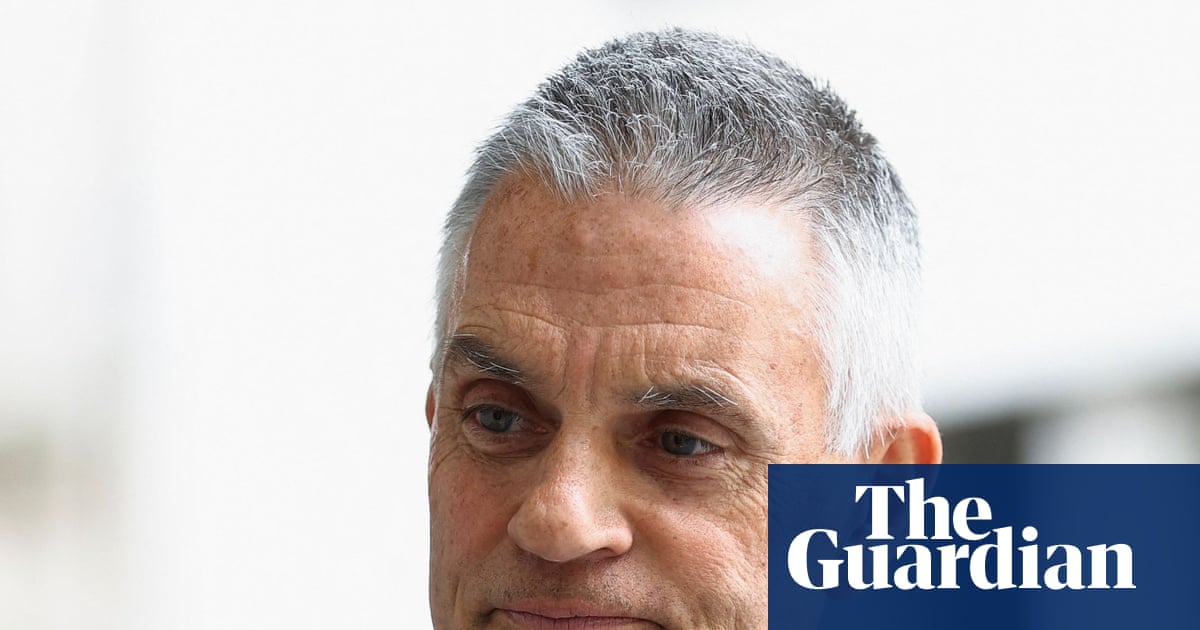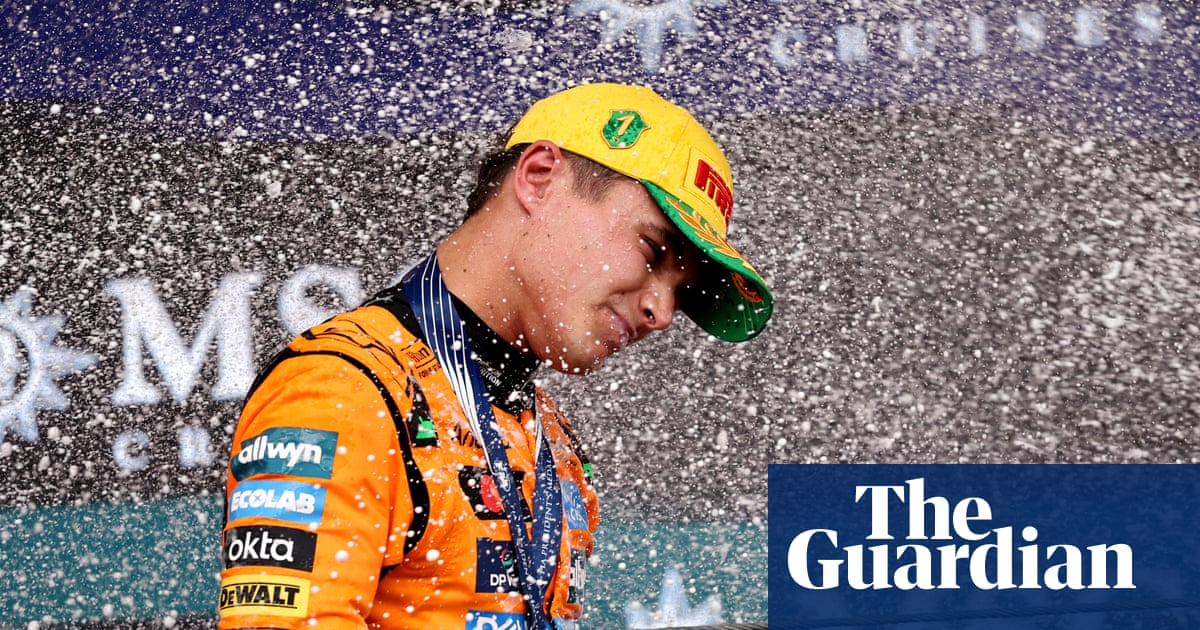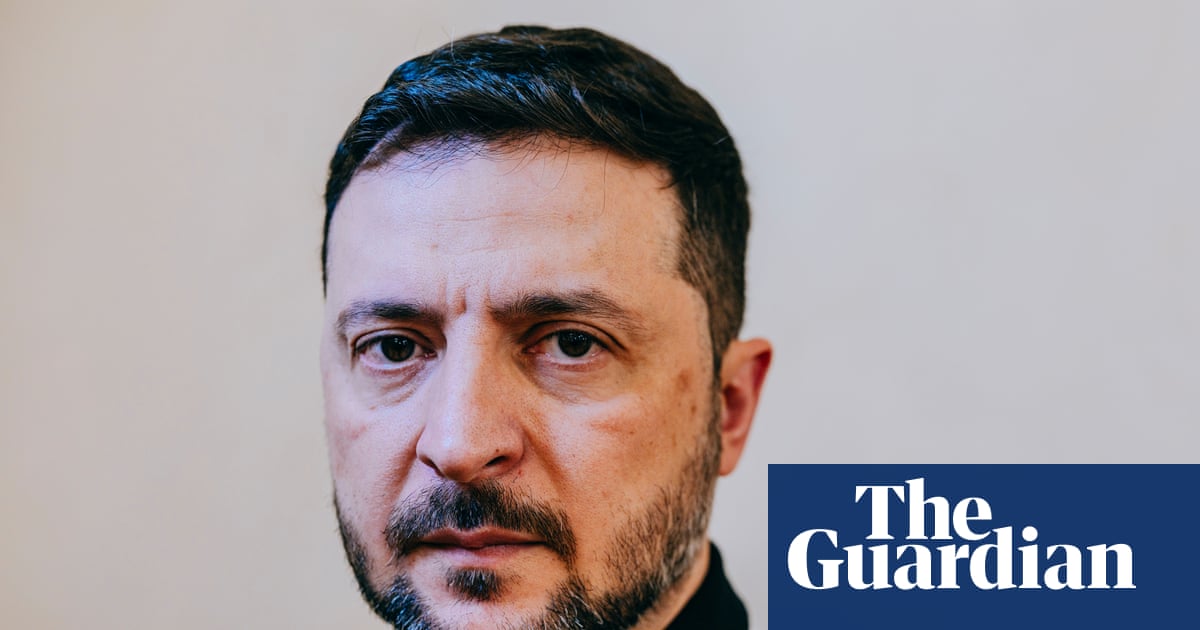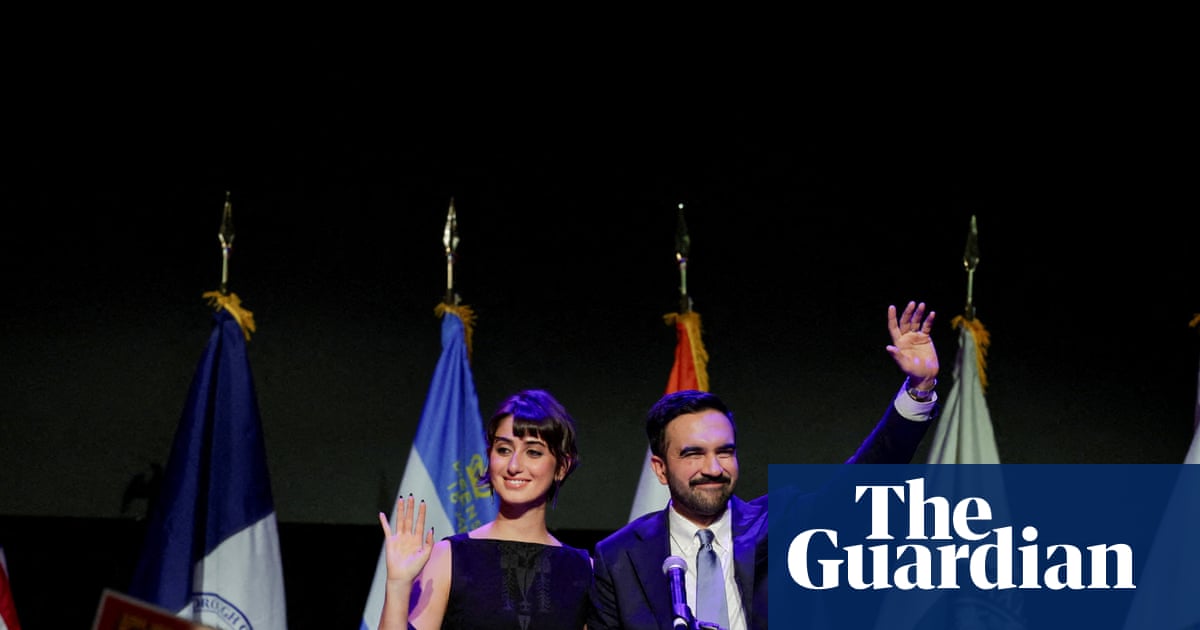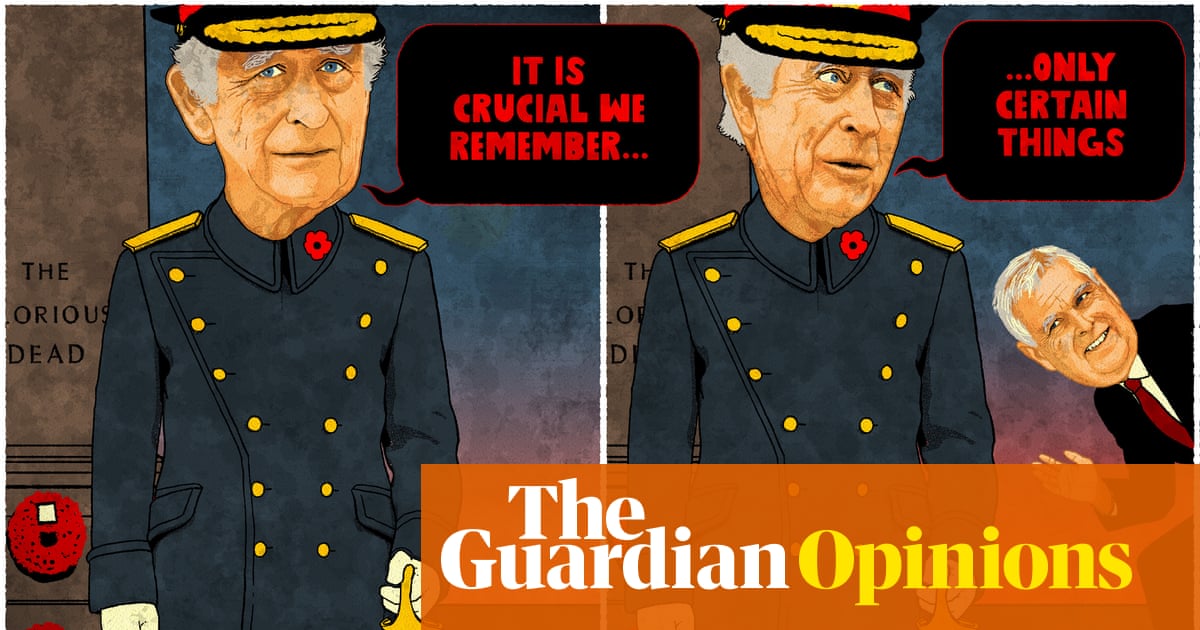Moscow, December
Ukraine, like Russia, also has its literary problems, and these have been the subject of some sharp public discussions in Kyiv lately. In September there was a plenary meeting of the board of the Ukrainian Writers’ Union, from which it clearly transpired that some of the Ukrainian novelists, poets, and critics were not doing their duty in promoting communist ideals or the Soviet way of life.
In Russia two writers were selected by Zhdanov, in his famous address, as examples of “the wrong point of view” – Anna Akhmatova, who was said to be an escapist, largely living sentimentally in the past and absorbed with her personal emotions; and Zoschenko, who was described as trivial, frivolous, and cynical in his distorted portrayal of Soviet life. (Zoschenko, by the way, has since shown signs of mending his ways, and a recent number of Novy Mir published some mildly humorous “sketches” of life among the partisans of the Leningrad province, with ludicrous Germans as the chief source of merriment. Now he is also writing a comic play called How I Became an American Millionaire – which is sure to be a success!)
Nationalist deviators
In Ukraine there is a different set of problems. According to the Ukrainian Writers’ Union (whose deliberations and decisions are discussed in a recent number of the Literary Gazette) some of its writers show “nationalist” trends which are, in fact, totally alien to the philosophy of the Soviet state. Moreover, some of its poets, including the famous elderly Ukrainian poet Maksym Rylsky, still show escapist and “art for art’s sake” tendencies.
There are, of course, many prominent Ukrainian writers who are not guilty of any of these shortcomings: the popular playwright Korneichuk, the “profoundly patriotic lyrical poet” Pavel Tychina, other poets like Bazhan and Pervomaisky, and the authors of three famous war novels written by Ukrainians, though in Russian – Nekrasov’s Trenches of Stalingrad, Vershigora’s Men with a Clear Conscience, and Gonchar’s The Standard-bearers.
‘‘These men,” says the Literary Gazette, “are bound up with their people’s cause, the struggle for communism.”
But [says the paper] there are others, and the resolution passed by the Plenary Meeting of the Ukrainian Writers’ Union in September says that the defenders of the ideology of bourgeois Ukrainian nationalism had been given free rein to vent their views, owing to the carelessness and the irresponsible attitude of several Ukrainian editors and publishers.
The paper recalls that one of these writers, for instance, Lazarevsky, had once been an active member of Petliura’s counter-revolutionary directorate in 1918. He and several others named are blamed for reviving a “bourgeois-nationalist ideology,” for indulging in “reactionary romanticism,” for not realising sufficiently the organic unity between Russian and Ukrainian culture, on the contrary, to stress the cultural bonds with the West. Three of the leading Ukrainian literary magazines published in Kyiv, and another published in Lviv, are blamed for having encouraged this kind of literature, and the principal Kyiv publishing house is also hauled over the coals. The well-known novelist Yurii Yanovsky (who is also editor of one of these magazines) is severely attacked for his “artistically and ideologically decadent’ novel Live Waters”.
He has borrowed from reactionary literature the idea that things biological, things rational, social, and human. These bourgeois-decedent conceptions are applied to the description of Soviet people and of the postwar collective farms in Ukraine. Among Yanovsky’s people the majority are morally decadent people, or sadists, like one of his Ukrainian characters, Gandzi, who, during the Occupation, “astonished even the Germans, by his cruelty” … His world is dominated by cruelty and pathological passions.
Western decadence
Another writer, Ivan Senchenko, is accused of having written a “slanderous” novel, Our Generation, “containing a lampoon of Soviet youth”. These people are guilty of having, “under the guise of nationalist romanticism, put across a pessimistic bourgeois philosophy of life and mankind. Such an approach to life can or only condemn literature to a slavish dependence and to complete decay.”
after newsletter promotion
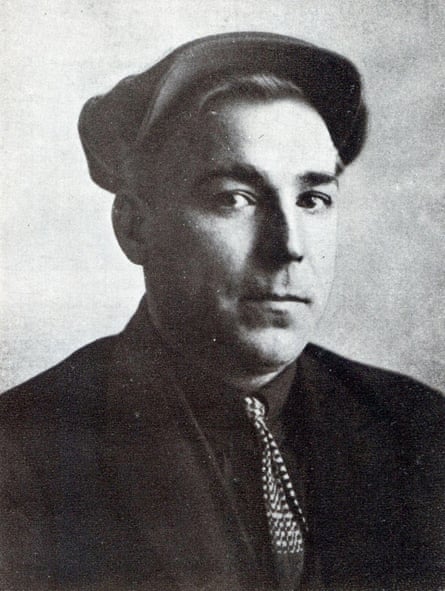
Photograph: Alamy
Maksym Rylsky is particularly attacked for an “escapist” poem, Journey into my Youth. This, says the Literary Gazette,
was completed in 1944 – that is, at a time when the Ukrainian people had already undertaken their great task of restoration. But one would look in the poem in vain for even any faint contemporary echoes, or for anything indicating a link between the poet and the destiny of his people. Instead, the poet has escaped into the past, and has gone out of his way to make the bourgeois and landlordish way of life look idyllic, complete with cranky old peasants entertaining their young master with little songs and whimsical stories. He tells us nothing of the Ukrainian people’s struggle for freedom and has forgotten the national pride of Soviet Man.
However, according to the Literary Gazette, the recent decisions of the Ukrainian Writers’ Union will have done much to improve matters. “It condemned this rotten practice [of editors and critics], with their liberal and tolerant attitude to literary works hostile to Soviet society and Soviet culture. This weeding-out of bourgeois nationalism was essential … Ukrainian literature has now every opportunity of playing the large part it ought to play in the destinies of Soviet literature. It is rich in gifted writes to the cause of Lenin and Stalin.”
This line is, of course, completely consistent with the line taken in Russia proper.
Alexander Werth was the Guardian’s Moscow correspondent from 1946-49.

 2 months ago
58
2 months ago
58


